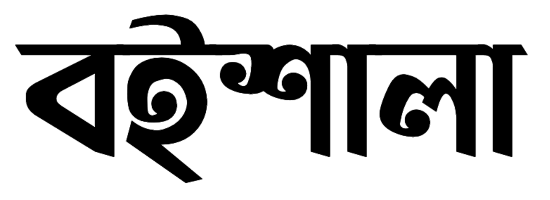Summary of the Book
Chomsky tries to understand why US has become the only remaining superpower in the world from the aftermath of the Cold War. He explores the presence of US as a ruthless policing power in the face of international chaos and conflicts. He tries to explain why public opinion is so varied where the Cold War is concerned, and he digs into the collective criticism of the Soviet Union and other communist states. He criticizes the stance of the US during the war, expressing his view that despite its stance, it still supported authoritarian regimes. His book presents his evocative distaste for regimes which seek to mark their desire for resources and geopolitical power through claims of supporting freedom.
About Noam Chomsky
Avram Noam Chomsky is an American philosopher, cognitive scientist, linguist, political commentator, activist and logician. Chomsky’s contributions towards analytic philosophy have made his name inseparable from the field.
Chomsky studied at the University of Pennsylvania, and he went on to complete his doctoral degree at the Harvard University. He worked for a while at the Massachusetts Institute of Technology and went on to become a National Science Foundation fellow at Princeton University’s Institute for Advanced Study. He is known for American Power and the New Mandarins, The Political Economy of Human Rights and Manufacturing Consent: The Political Economy of the Mass Media.
Chomsky was twice presented the Orwell Award by The National Council of Teachers of English for his Distinguished Contributions to Honesty and Clarity in Public Language.
